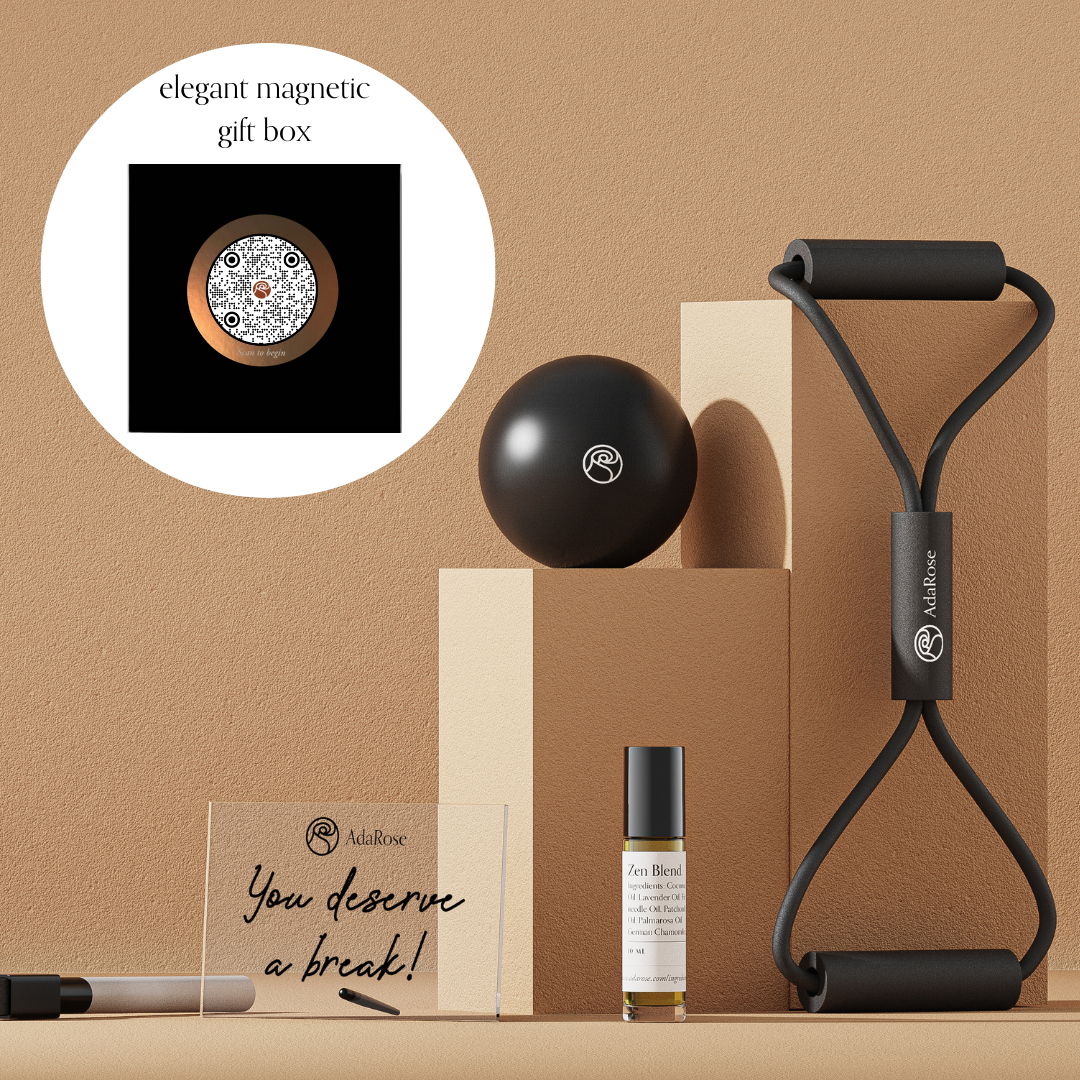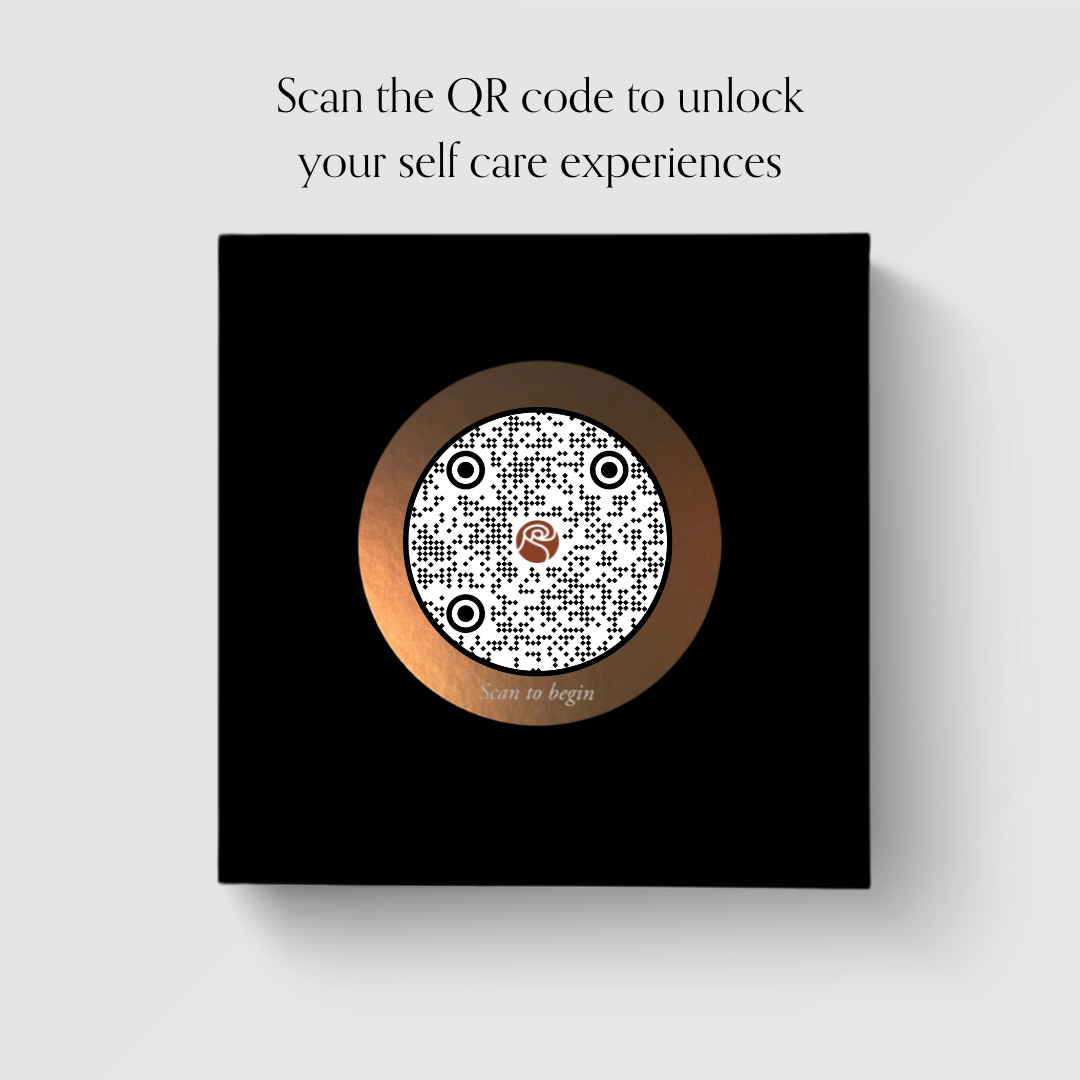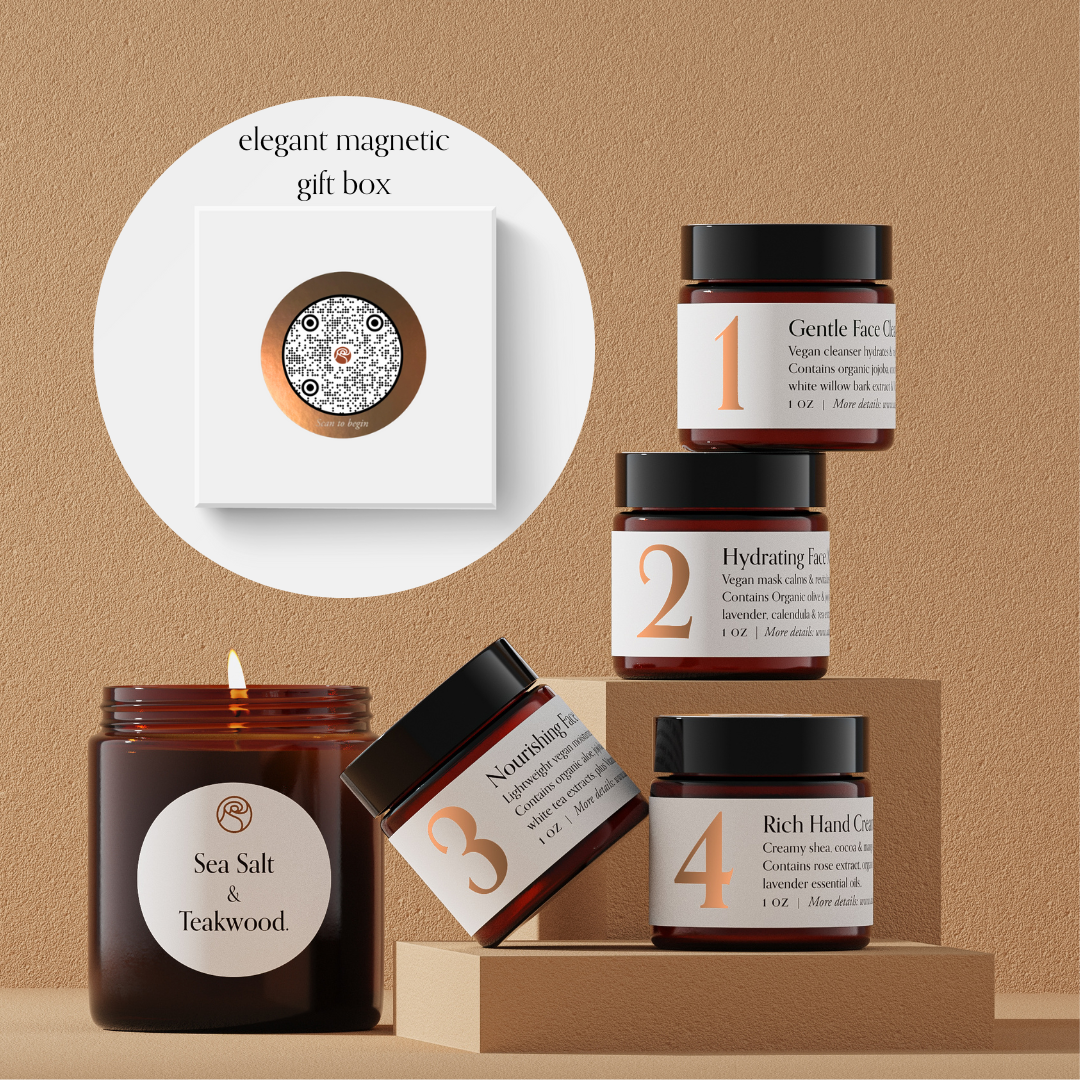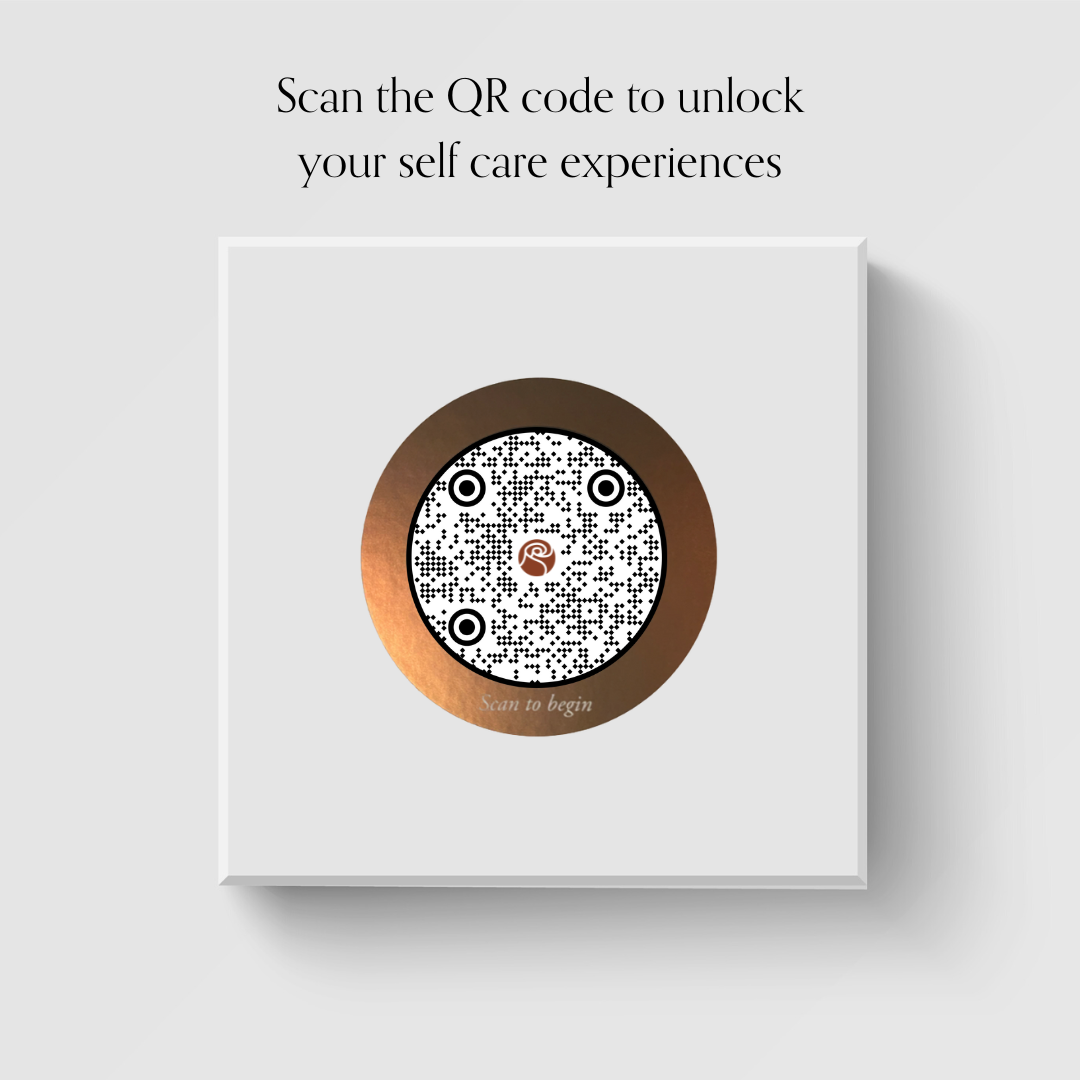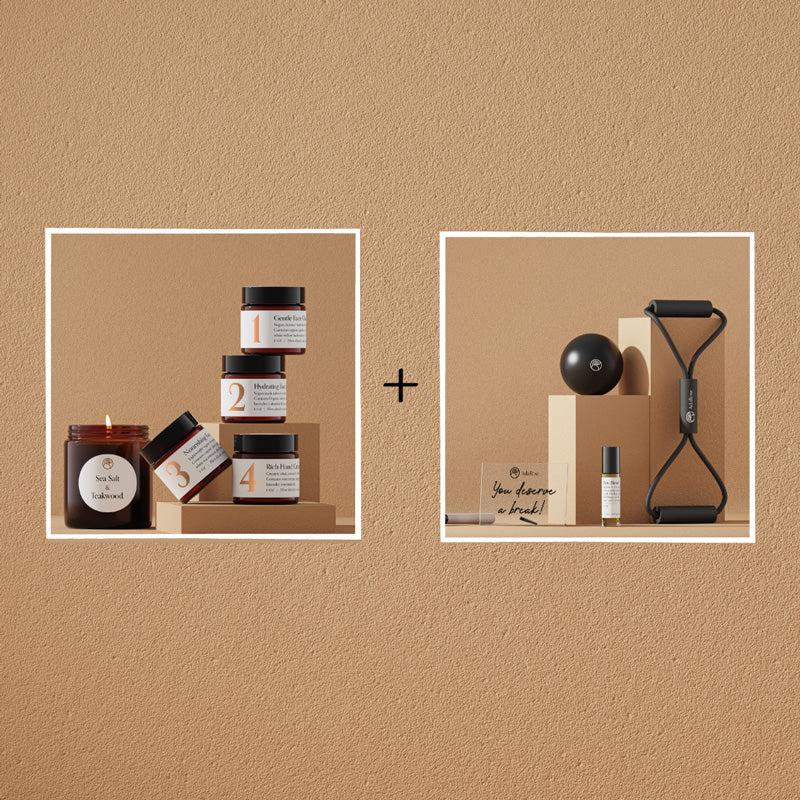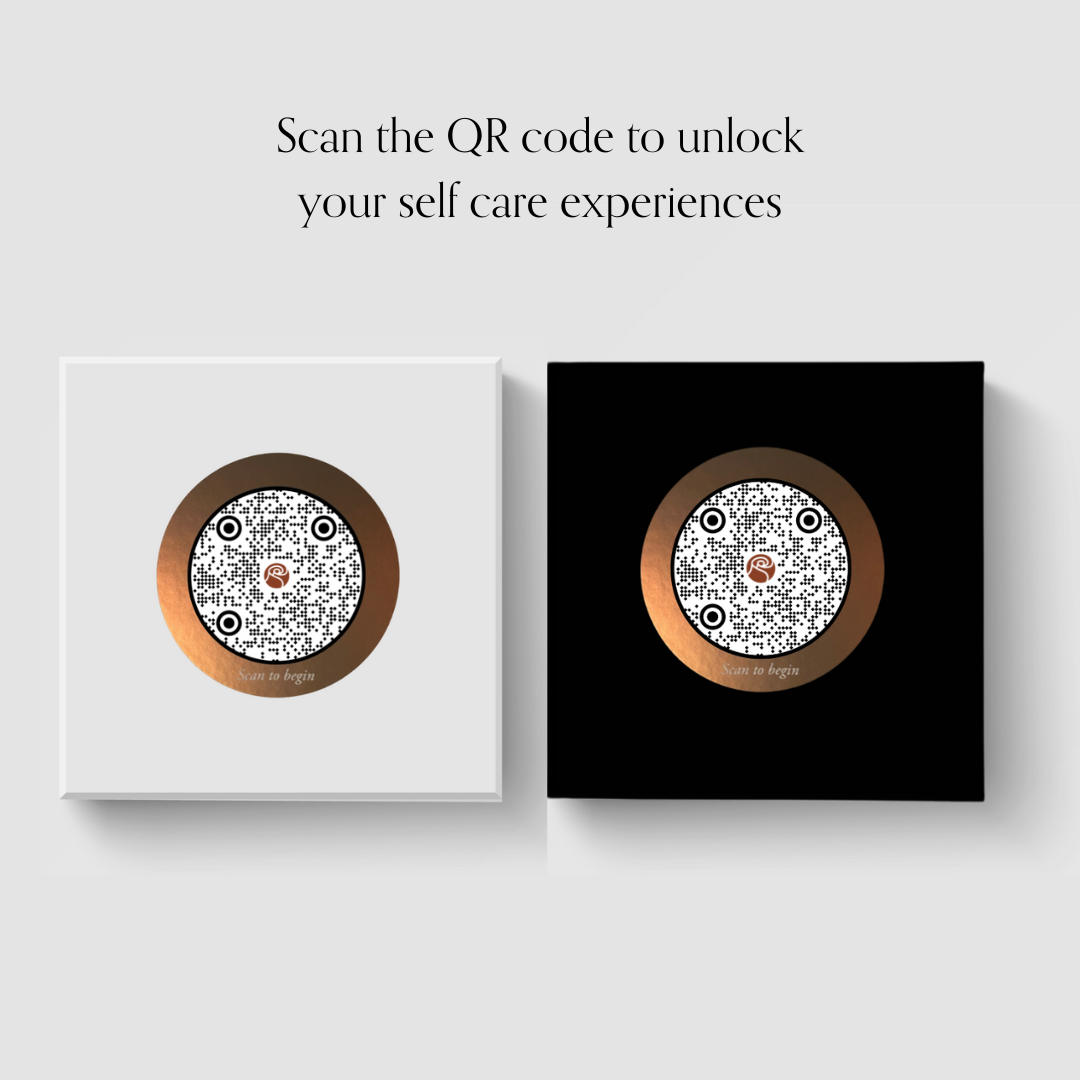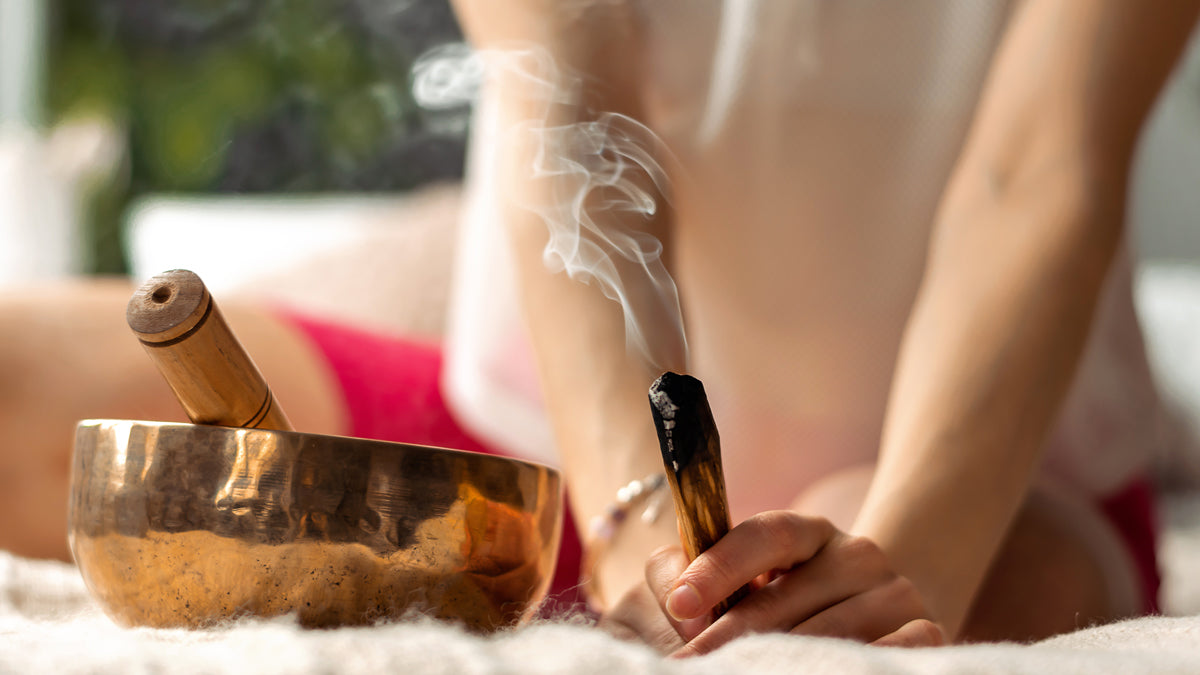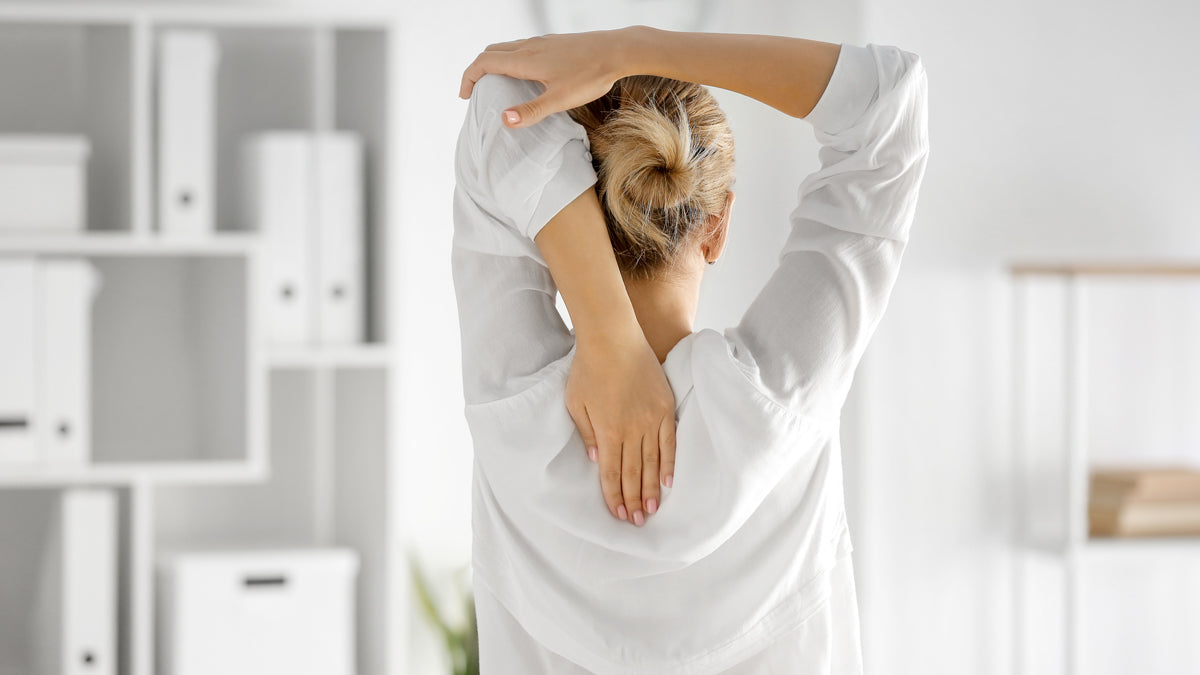Clearing away clutter is a popular New Year’s resolution. Whether it’s tackling a messy closet or finally dealing with a stack of papers piling up on the kitchen island, organizing your space can provide many benefits.
Clutter researcher Joseph Ferrari, a professor of psychology at DePaul University in Chicago, defines clutter as “an overabundance of possessions that collectively create chaotic and disorderly living spaces.”
It’s important to note that we’re not talking about hoarding here. Even everyday disarray in the house can be harmful over time.
Research shows that a cluttered living space can impact your life in a variety of negative ways including diminishing your physical health. In addition, the side effects of clutter can snowball into relationship problems and even work performance issues.
Health Impacts of Clutter
Dust & Safety Concerns
At its most basic level, clutter creates more nooks and crannies that allow dust–and in some cases, mold and mildew–to flourish. This increases the risk of asthma attacks, allergies, and other respiratory issues.
Aside from dust, a disorganized living space inhibits proper cleaning, which can invite insects, rodents, and other pests.
Higher Cortisol Levels
Another study found that women with at least one child living in a cluttered home faced a higher risk of increased cortisol levels throughout the day. Cortisol is commonly known as the “stress hormone.” Anecdotally, many of us can relate to the sense of stress that comes from chaotic environments, regardless of gender or whether we have children. Chronically high cortisol is linked to:
-
Anxiety
-
Depression
-
Digestive issues
-
Headaches
-
Muscle tension and pain
-
Sleeping problems
-
Weight gain
-
Memory problems
-
Heart disease, high blood pressure, and stroke
Other Impacts of Disorganized Living Spaces
Procrastination Problems
One study found that clutter and procrastination problems are intricately linked. If you’re more likely to procrastinate, you’re also more likely to avoid sorting and organizing, which can lead to clutter. The study, which looked at a wide range of adults, found that frustration with clutter increased with age. Older people were more likely to report a lower quality of life due to a disorganized living space.
A Stunted Social Life
Clutter can overwhelm a person to the point of harming relationships. “You stop seeing your friends, you stop seeing your family, you don't work as much,” Ferrari said. "As clutter grows, and as it demands more attention, everything else that's important gets forced out of your life.” Having a cluttered space can also discourage social activity–you’re less likely to invite a friend over for dinner if you’re embarrassed about the state of your home or feel overwhelmed by the effort of making it presentable.
Benefits of Being Organized
Now that we’ve seen the dark side of clutter, let’s focus on the benefits of being organized before diving into some strategies for organizing your living space. As you may have imagined, many of the negative aspects of clutter described above can be reversed by organizing. But there are some unexpected benefits to tidying up, too.
Organization in your home can:
-
Reduce stress and anxiety
-
Provide more time for self care
-
Reduce impulse eating
-
Improve healthy eating
-
Increase productivity
-
Strengthen relationships
-
Boost energy levels
-
Give you more confidence
How can I be more organized in the New Year?
There are many decluttering methods. Experiment with different techniques and see which one works best for you.
No matter which method you choose, getting to the bottom of why you have so much stuff may ultimately help you to keep your home organized and tidy.
Don’t buy what you don’t need. Research shows that humans receive a hit of dopamine when anticipating a reward. When we experience this through buying something, it’s known as “shopper’s high.”
If you’re dealing with a cluttered home, take a closer look at your shopping habits. Are you buying things to fill an emotional or psychological void?
Before bringing something new into your home, try one of these tricks:
-
Ask yourself, “Do I actually need this?”
-
Wait at least 24 hours before purchasing something to eliminate impulsive purchases.
-
Create and stick to a budget.
-
Avoid making purchases when you’re feeling very emotional.
Drastically reduce junk mail. Signing up for paperless bills and statements whenever possible can cut back on paper in your home (bonus: you’re also saving trees!). But that doesn’t address junk mail. The Federal Trade Commission recommends the following tips to curb unsolicited mailings.
-
Spend $4 to register with Direct Marketing Association’s consumer website DMAchoice.org to cut down on marketing emails for 10 years.
-
Go to optoutprescreen.com or call 1-888-5-OPT-OUT to stop getting unsolicited credit card and insurance offers by mail.
You can also sign up for CatalogChoice to cancel unwanted catalogs.
Try the Ski Slope Method. Anita Yokata is a therapist-turned-interior decorator. Her Ski Slope Method of organizing involves thinking of a room like a ski slope. Instead of flying straight down the hill, move side to side as you organize.
An article in House Digest described it as “starting in one section, tidying and decluttering it, then crossing over to the other side of the room to tackle a different area.” This can make the task feel less overwhelming because your mind is being trained to focus on a particular area–not the entire room.
Tidy up, Marie Kondo style. The creator of the well-known KonMari Method of “tidying up” suggests organizing by category–not room by room. The general rule of thumb is to start with clothing, working your way ultimately up to items that are sentimental and harder to get rid of.
The heart of the program is to keep only objects that “spark joy.” You evaluate each item individually and decide whether or not to hold onto it based on the emotions it brings up for you. The theory is that if your home is filled only with items that bring you joy, your life will be more joyful, too. To make letting go of emotionally charged items easier, Kondo recommends that you verbally thank them for what they have provided to you. For more information on the method, check out Tidying Up with Marie Kondo on Netflix or download the checklist.
Additional decluttering tips:
-
Make sure everything has a place; whittle down your belongings if you don’t have enough space for them.
-
Avoid all-or-nothing decluttering. Try to tackle a little bit each day for a set amount of time. (Just a few minutes is OK.)
-
Keep countertops clear; avoid using them as storage areas.
-
Consider joining a “No New Clothes” challenge, or renting outfits for special events.
-
Find a few “showcase” sentimental items and put them proudly on display in your home; dispose of the rest.
-
Be kind and compassionate with yourself. Decluttering can be physically and mentally draining, and there are often emotions like shame and grief involved. Go at your own pace, and be gentle with yourself.
As the space around you opens up, you may notice more free time in your schedule. Consider using this time to nourish yourself with self-care practices like taking a mindful walk, cooking up a great meal from scratch, or trying a new mindfulness experience like the AdaRose Work Break in a Box or the AdaRose Spa in a Box.


